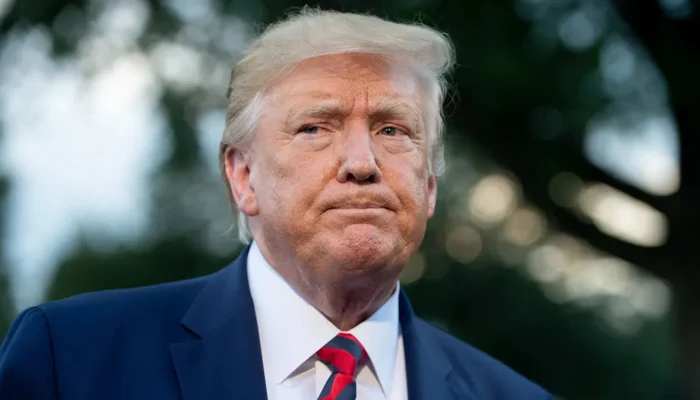On Monday, President Donald Trump signed an executive order ending the U.S. sanctions programme on Syria, aimed at reintegrating the country into the global financial system and supporting post-war reconstruction. The move retains targeted sanctions on former president Bashar al-Assad, human rights violators, drug traffickers, terror-linked individuals, and Iranian proxies.
Assad was ousted in December by Islamist-led rebels, and Syria has since sought to restore international ties. Syrian Foreign Minister Asaad al-Shibani welcomed the U.S. decision as a major step toward economic recovery and development.
The executive order follows Trump’s surprise announcement during a May meeting with Syria’s new President Ahmed al-Sharaa in Riyadh. It also instructs a review of Syria’s terrorism designations, including that of rebel group Hayat Tahrir al-Sham.
Although the Caesar Act and other legislative sanctions remain, the administration is now reviewing potential suspensions to attract long-term investment. A general license issued in May has already allowed transactions with Syria’s interim government and state institutions.
Despite ongoing concerns — including a recent report linking Syrian forces to massacres — U.S. officials said the decision marks a complex but necessary step toward regional normalization and reconstruction.
















